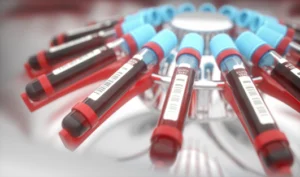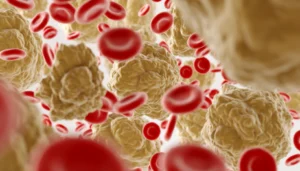
5 Clinical Benefits of IV Human Albumin in Integrative Oncology
Intravenous (IV) human albumin therapy has long been used in hospital settings to restore plasma volume and support critically ill patients.
In integrative oncology, it plays an expanded role — helping stabilize metabolism, support detoxification, and improve tolerance to conventional treatments.
Here are five key clinical benefits of IV human albumin for cancer patients receiving integrative care.









